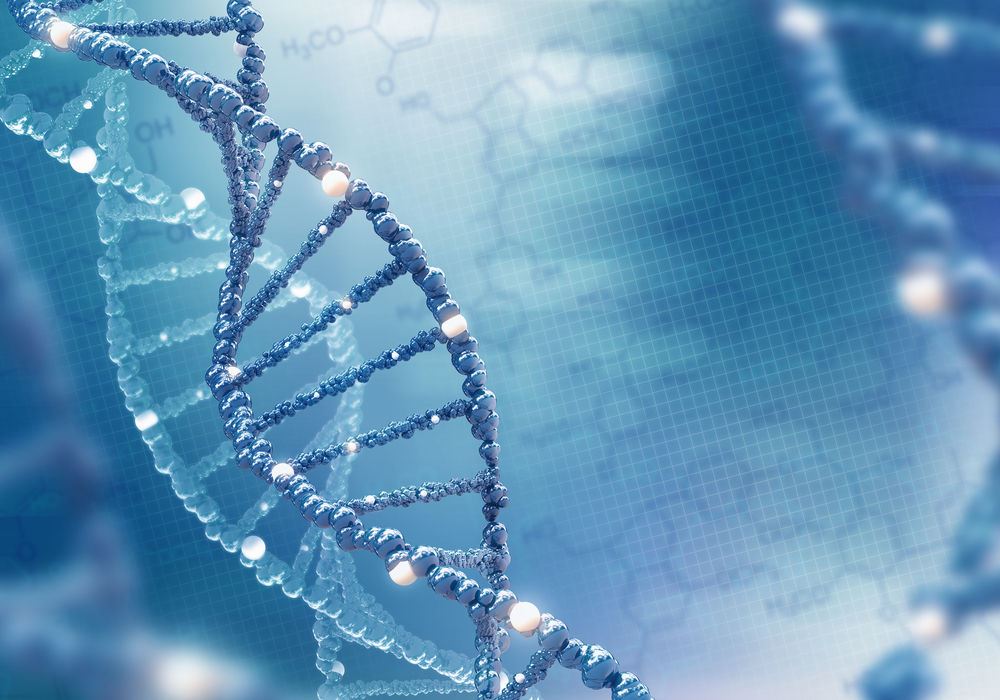Audentes Becomes Astellas Gene Therapies, Will Advance MD Treatments
Written by |

Following its acquisition last year by Astellas Pharma, Audentes Therapeutics now has become Astellas Gene Therapies.
Named a Gene Therapy Center of Excellence, it will work to advance the development of potentially life-changing gene therapies for several conditions, including muscular dystrophy (MD).
“The field of gene therapy has made significant strides to date, and we believe the future holds even greater opportunity to bring new treatments to a wide range of diseases for patients in need,” Kenji Yasukawa, PhD, Astellas’ president and CEO, said in a press release.
As of April 1, Astellas Gene Therapies has been working as a center of excellence to advance Audentes’ adeno-associated virus (AAV)-based programs for neuromuscular diseases. It is using three gene therapy modalities — specifically, gene replacement, exon skipping, and RNA knockdown.
Modified and harmless AAVs are frequently used in gene therapy due to their high infection rate, meaning that they can efficiently deliver the molecule of interest, whether it is DNA or RNA, to a large number of cells.
“With Astellas Gene Therapies as a Center of Excellence, we can continue to deepen our knowledge in this ever-evolving space with the expertise and talent from within Audentes to lead us to the forefront of creating next-generation treatments,” Yasukawa said.
In a separate press release, the company stated that the center will help “achieve more effective and efficient operations, with a high-quality, safety and compliance standard.”
Among the recently acquired, investigational AAV-based approaches by Audentes are the AT702, AT751, and AT753 exon skipping therapies for Duchenne muscular dystrophy (DMD). DMD, which usually affects only boys, is the most common of the more than 30 types of muscular dystrophy.
Another recently acquired therapy is AT466 for myotonic dystrophy type 1 (DM1). In DM1, proteins important for normal function are trapped, leading to impairments that cause progressive muscle loss and weakness. According to Astellas Gene Therapies, this MD type affects more than 100,000 people across the United States, Europe, and Japan.
Exons are the sections of genetic information needed to make proteins, and, much like in a puzzle, are pieced together in messenger RNA (mRNA), an intermediate molecule derived from DNA that guides protein production. DMD-causing mutations may involve the loss or duplication of exons in the DMD gene, impairing the production of the dystrophin protein.
All three DMD exon skipping candidates were designed to increase the production of a working, but usually shorter, version of dystrophin by skipping a specific exon, and thereby promoting a new alignment of the remaining exons in DMD’s mRNA.
Designed to skip exon 2, AT702 is meant for DMD patients who have either exon 2 duplication or mutations in exons 1 to 5. The therapy recently showed promising early results in a Phase 1/2 clinical trial (NCT04240314).
AT751 is designed for those with mutations amenable to exon 51 skipping, and AT753 for patients with alterations amenable to exon 53 skipping.
For DM1, AT466 currently comprises two different gene therapy approaches: exon skipping and RNA knockdown. They work to prevent the accumulation of the excessively long, toxic mRNA molecule associated with DM1-causing mutations in the DMPK gene.
Audentes’ gene therapy programs also included gene replacement candidates for two rare neuromuscular diseases: AT132 for X-linked myotubular myopathy and AT845 for Pompe disease.
Astellas Gene Therapies will be operated through three divisions specializing in gene therapy research and technical operations, medical and development, and future commercialization, and headed by industry veterans with expertise in developing genetic medicines. It will integrate about 350 current employees from Audentes.
The Center of Excellence will be based in San Francisco, with Audentes’ manufacturing facilities in South San Francisco, and an under-construction manufacturing facility in Sanford, North Carolina. The new plant is expected to be fully operational in 2022.
“As we come together now as Astellas Gene Therapies, we are excited about the potential to leverage new resources that will further accelerate our pipeline while expanding our research and offerings to address the needs of larger patient populations on a global scale,” said Ed Conner, MD, Astellas Gene Therapies’ site lead and division head of gene therapy medical & development.
“Together, we have the opportunity to make an even more valuable impact on patients’ lives,” Conner added.





